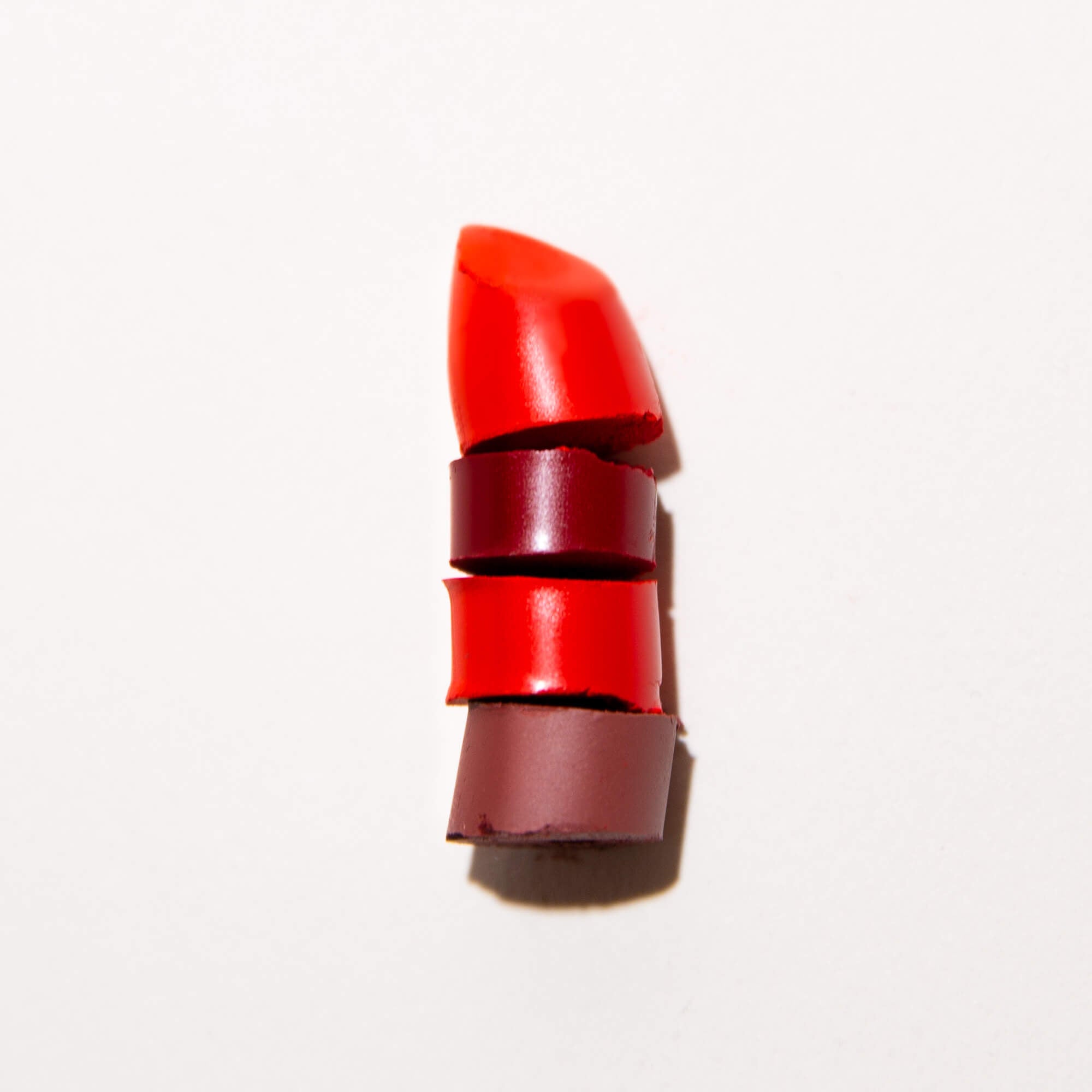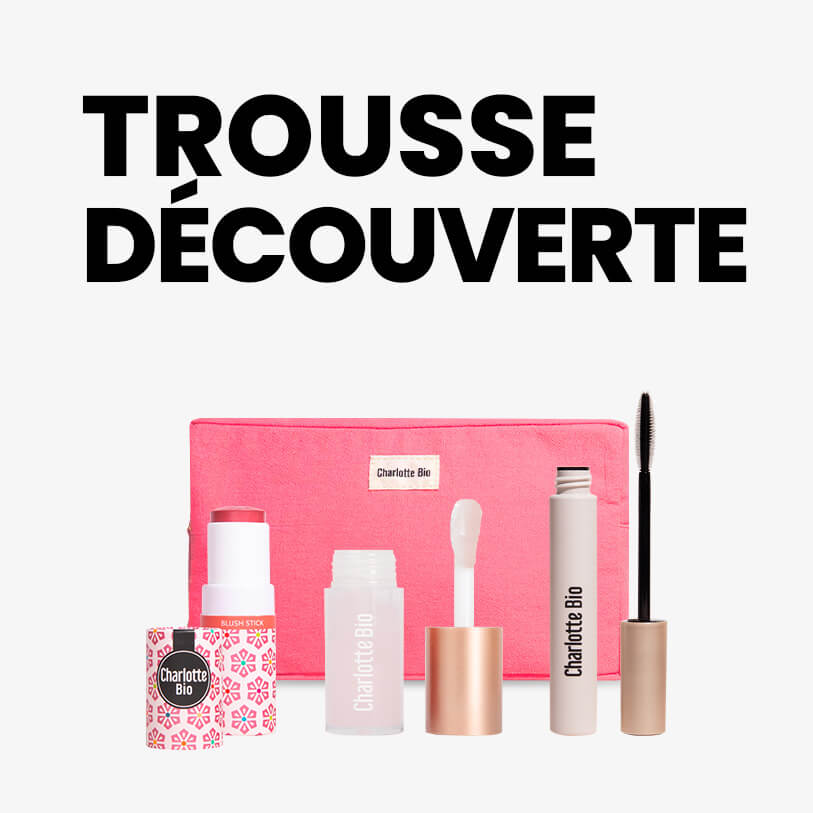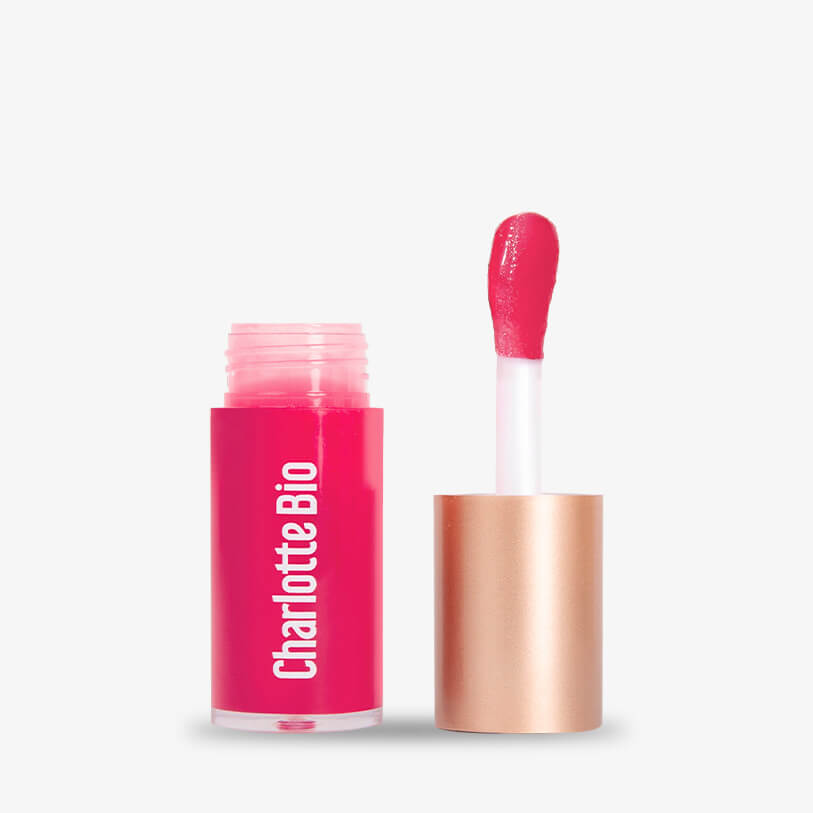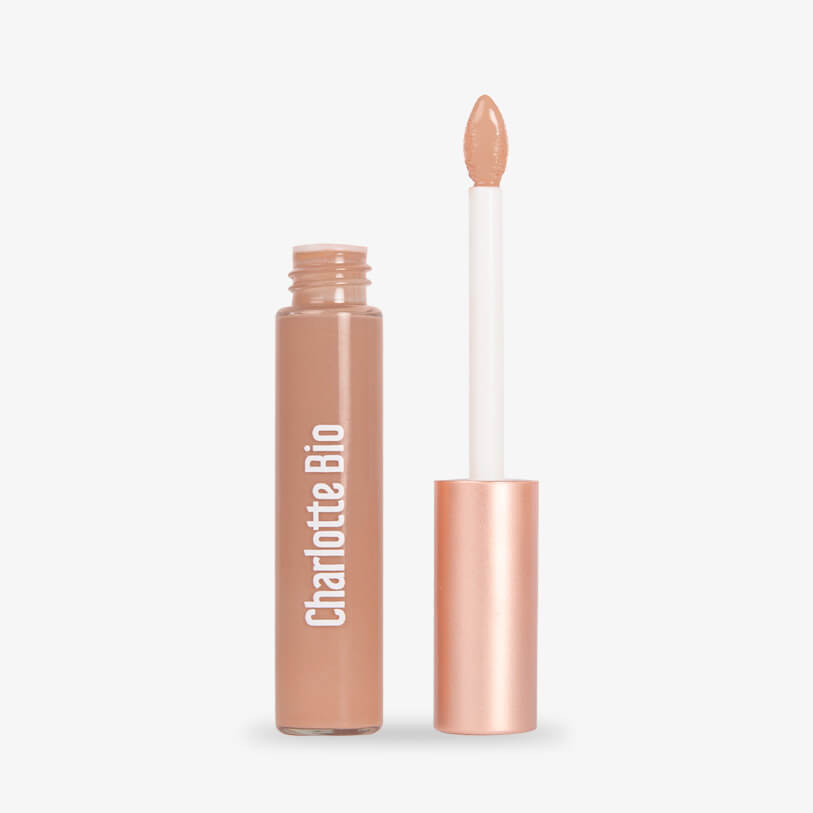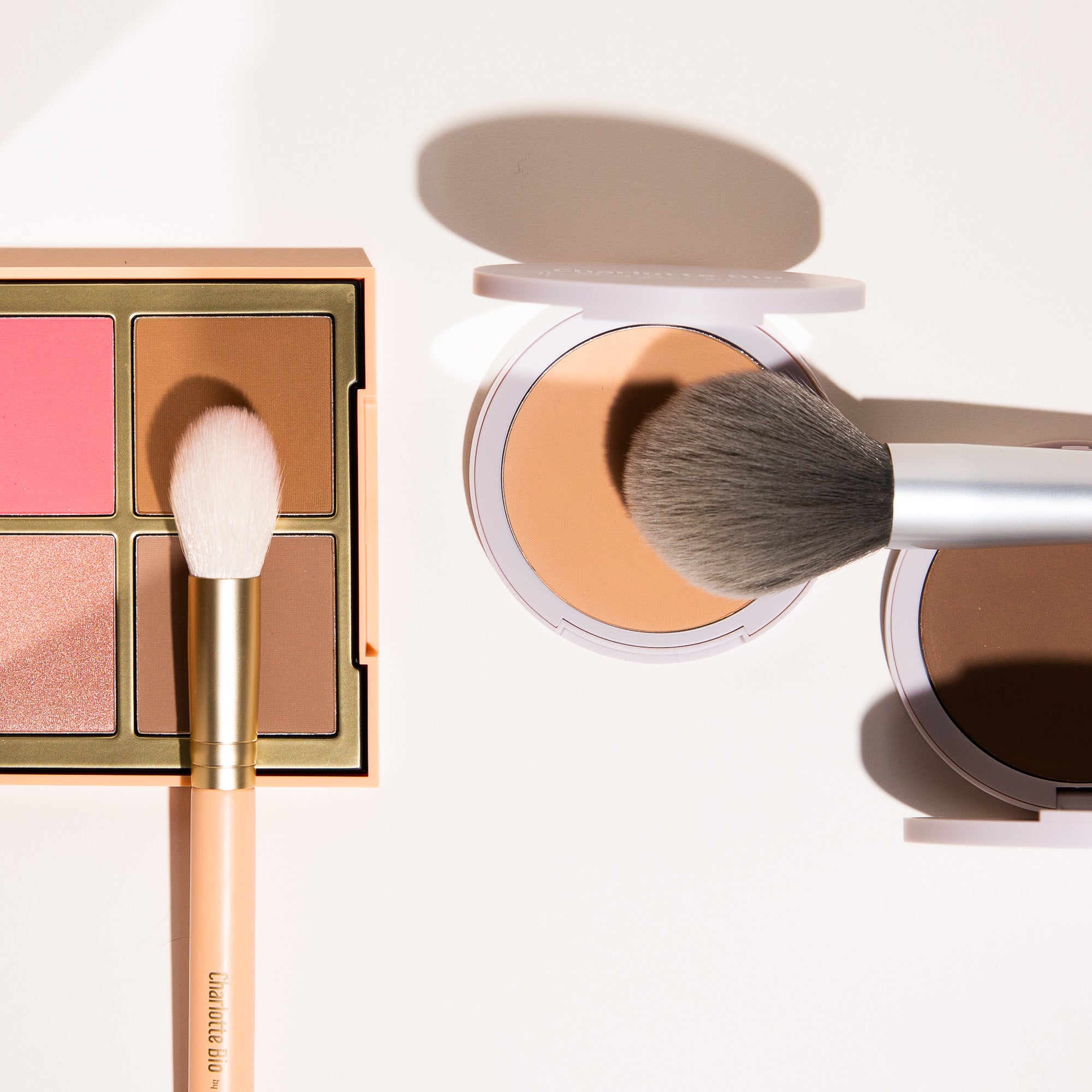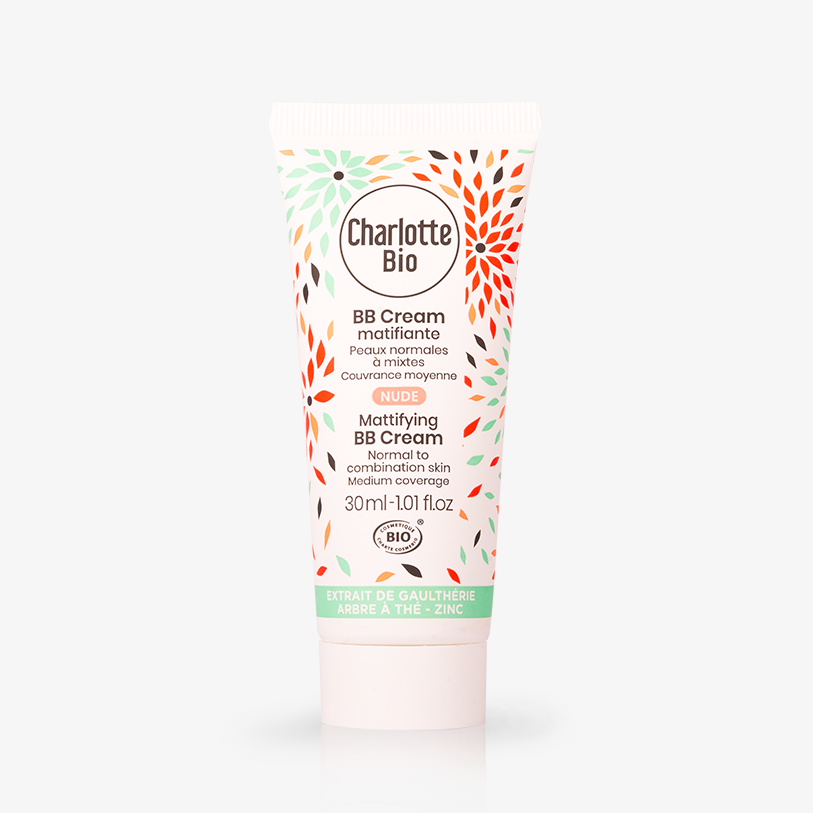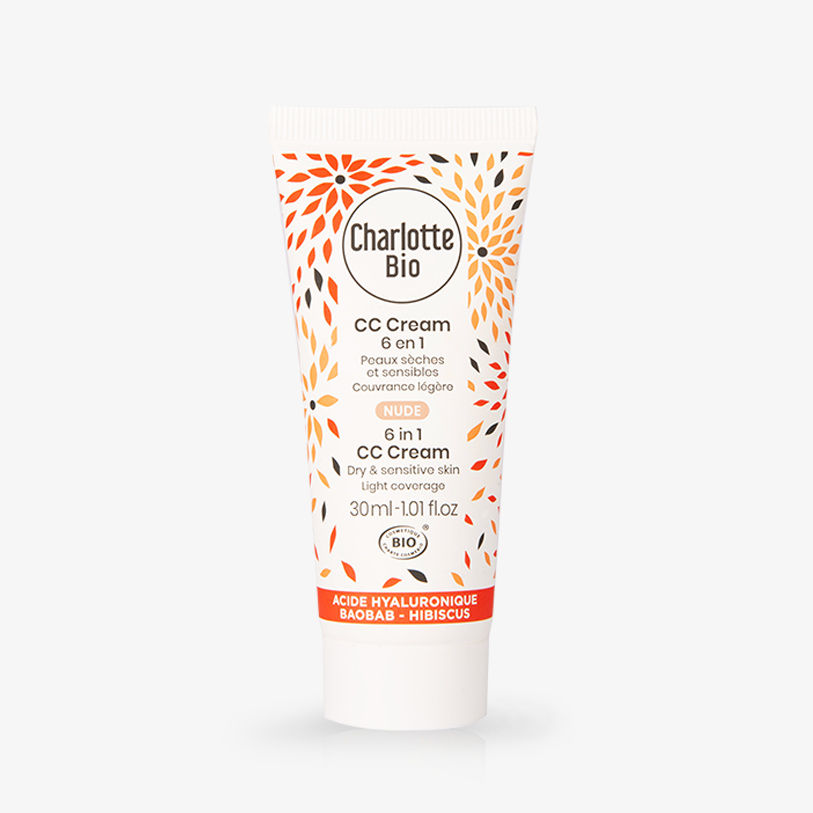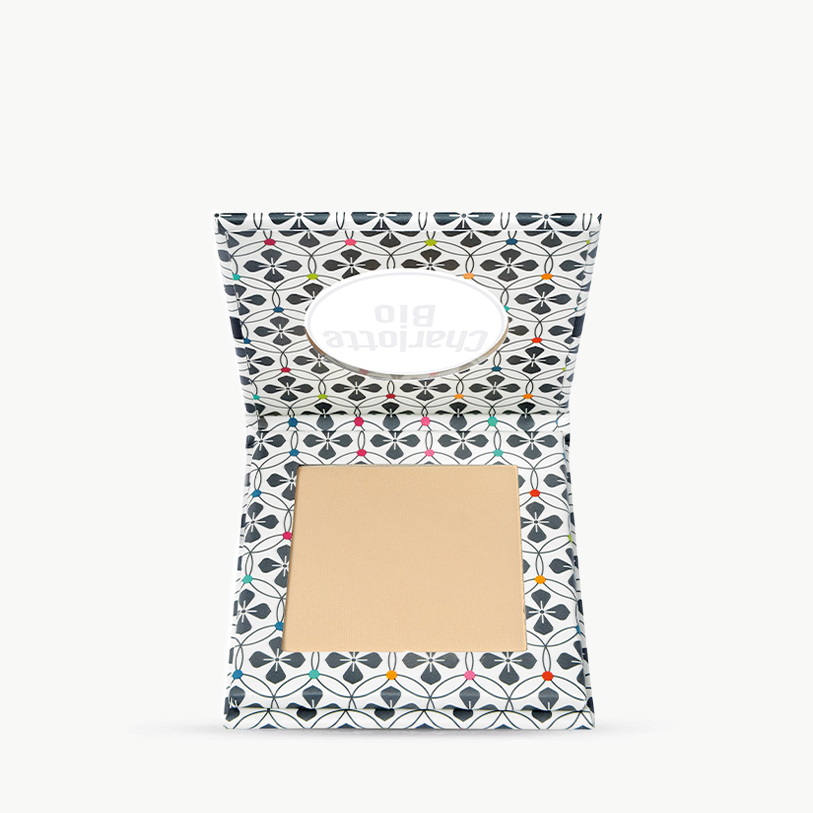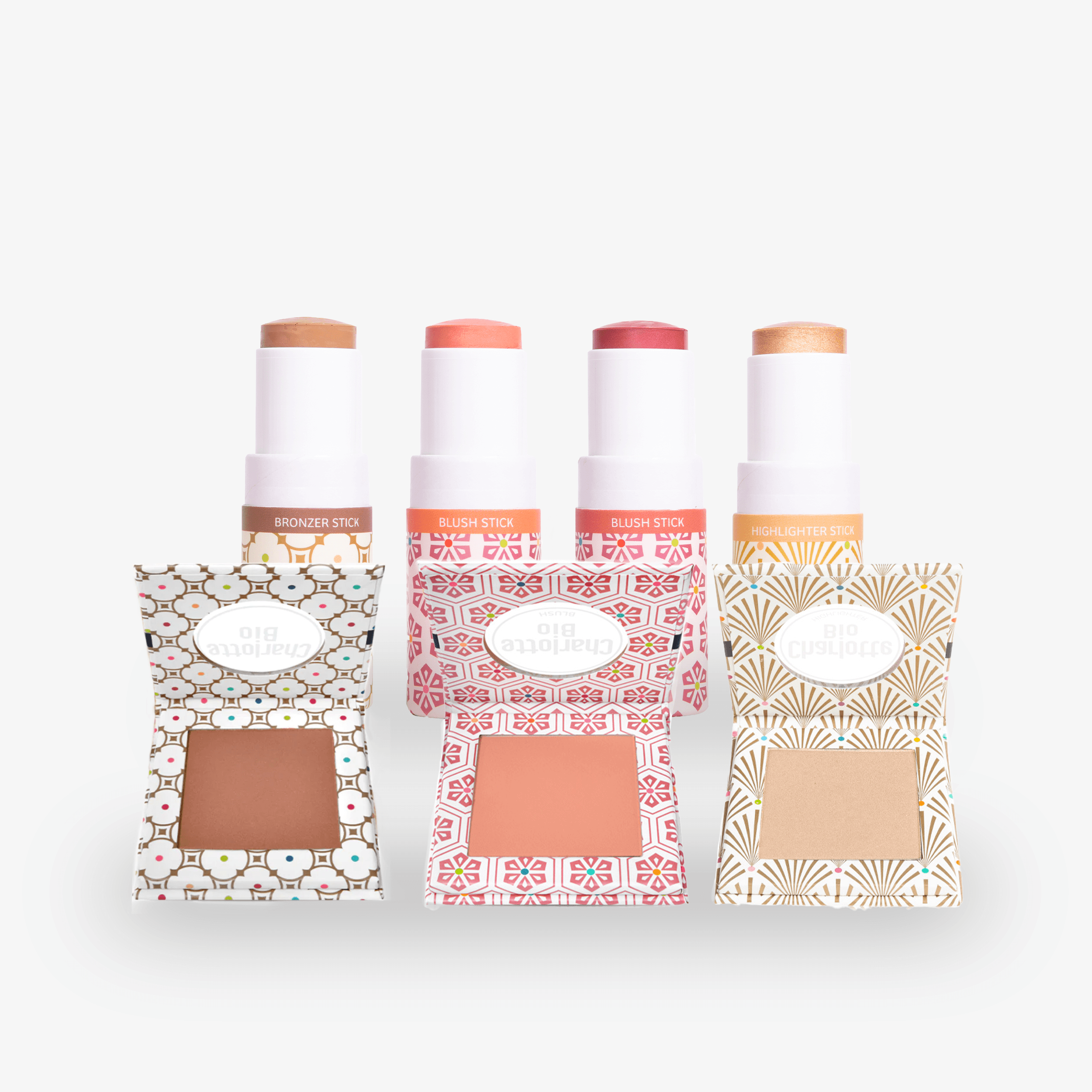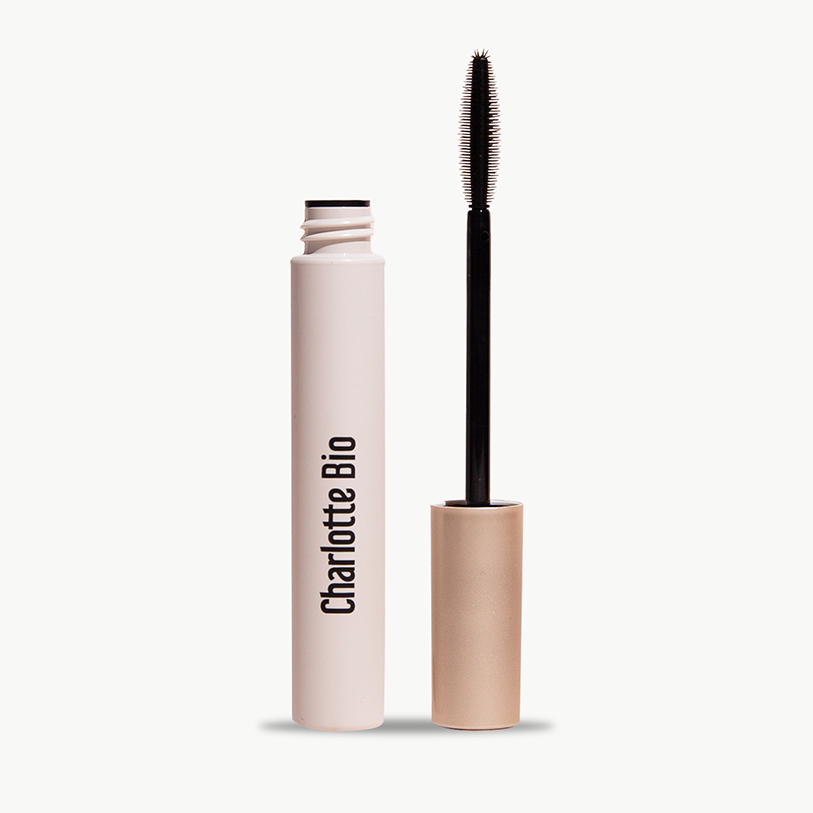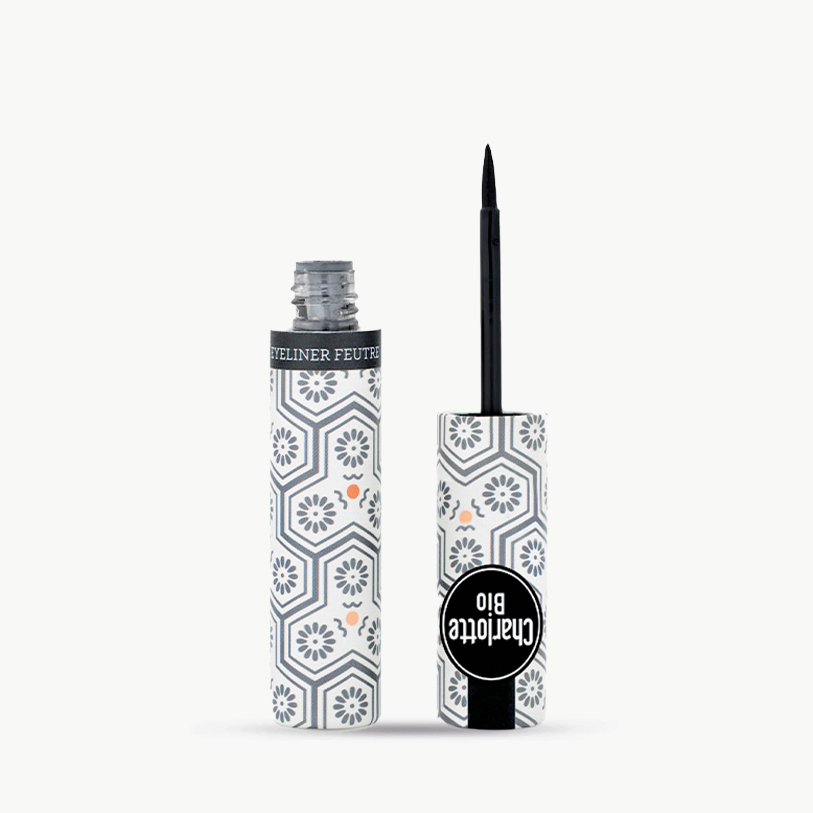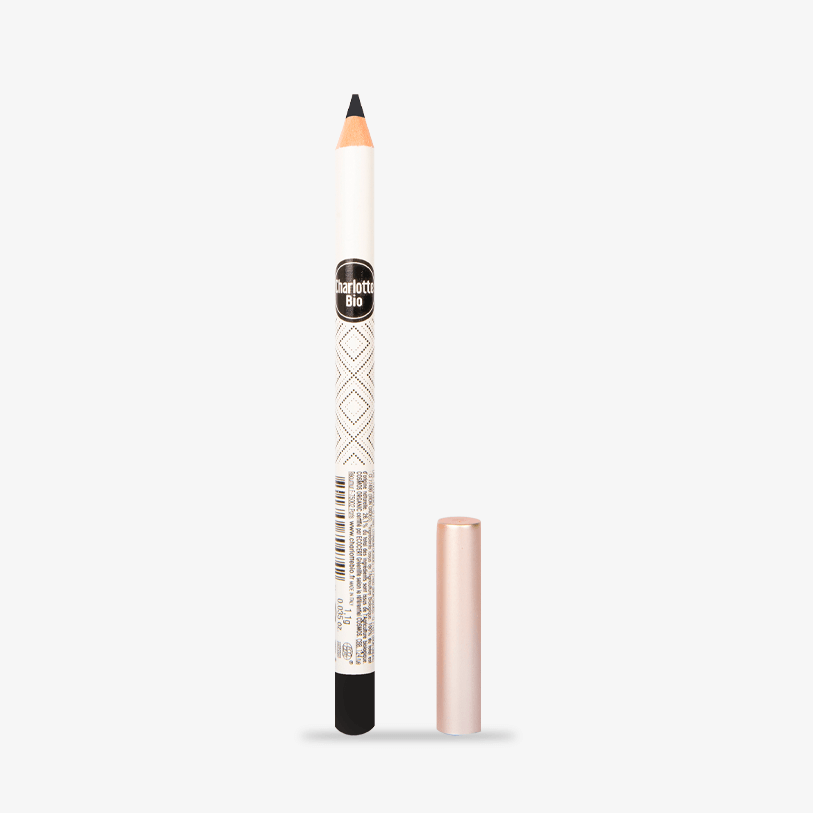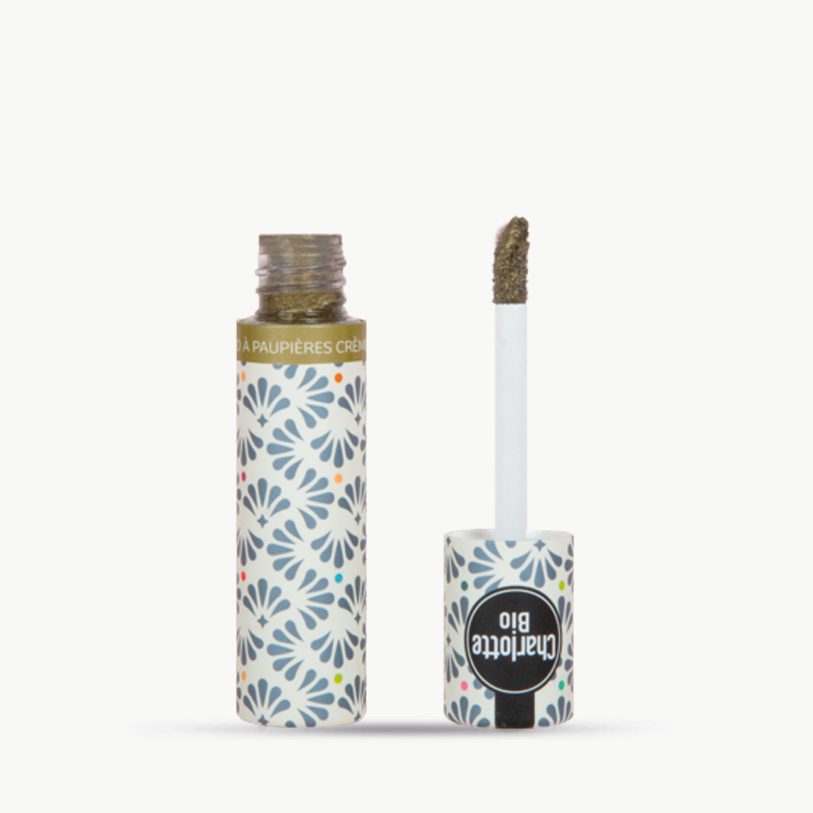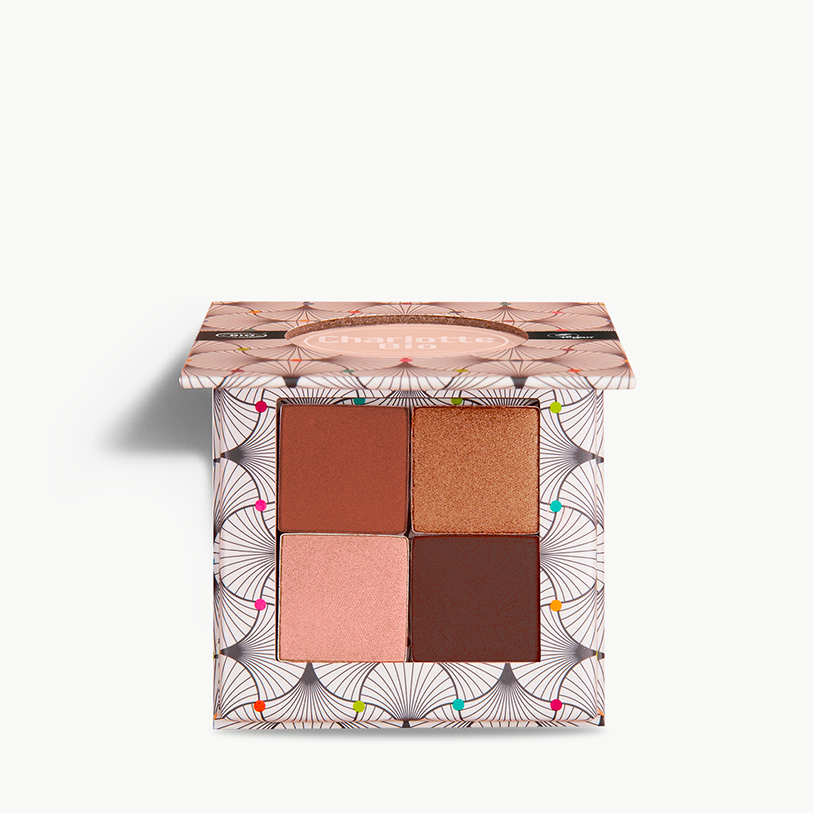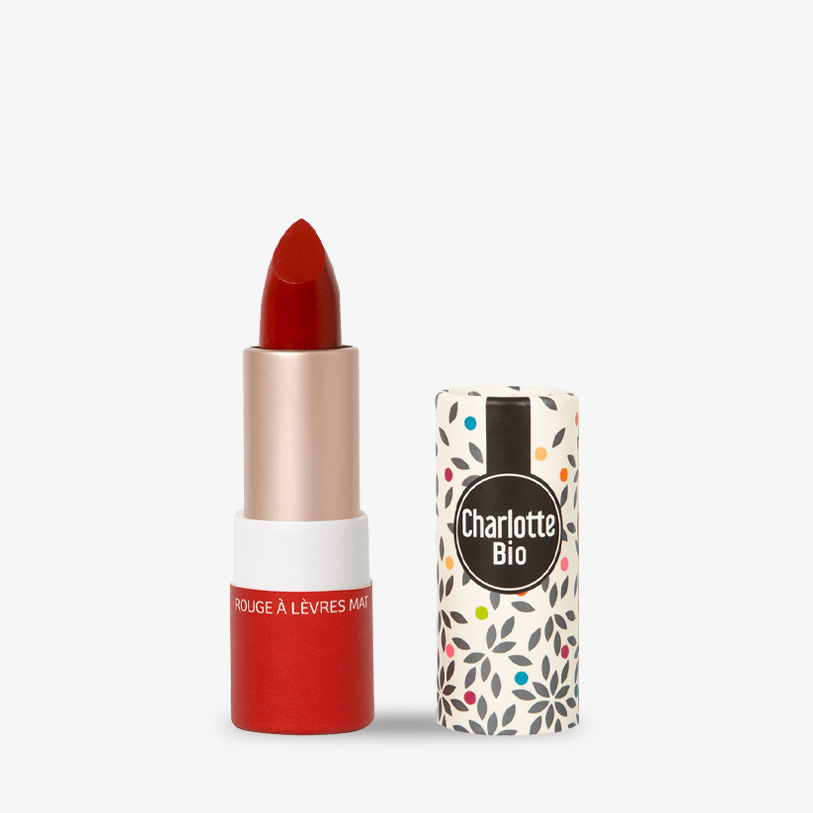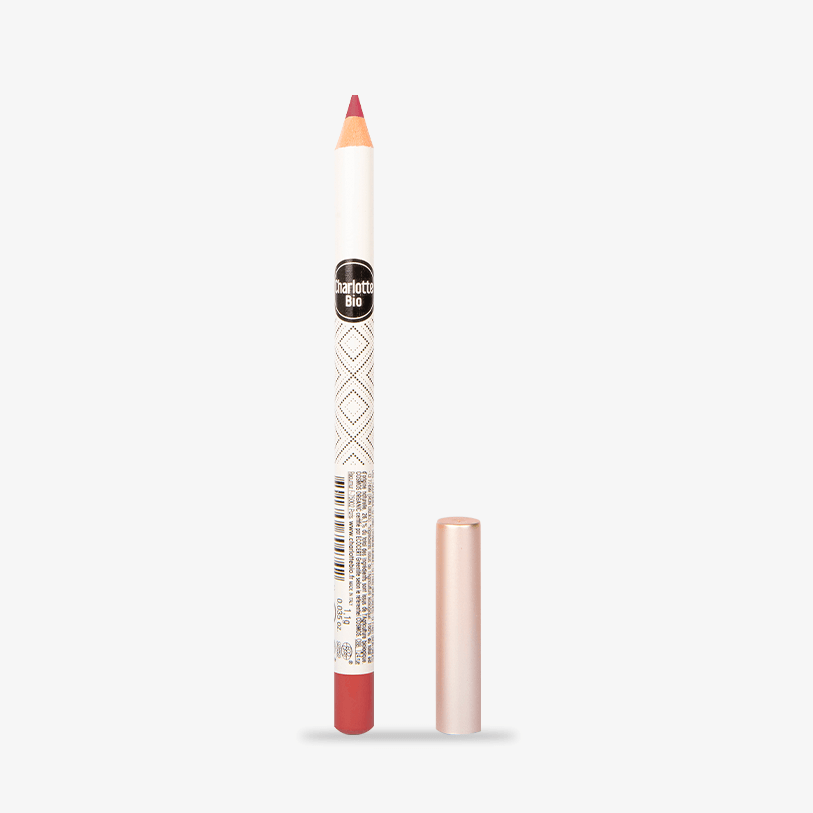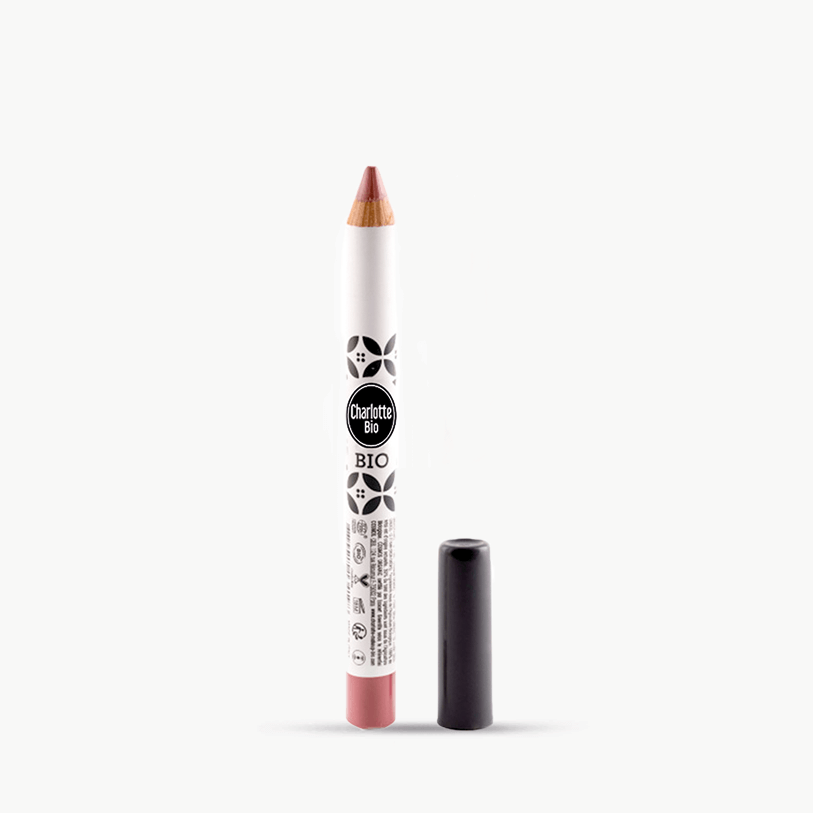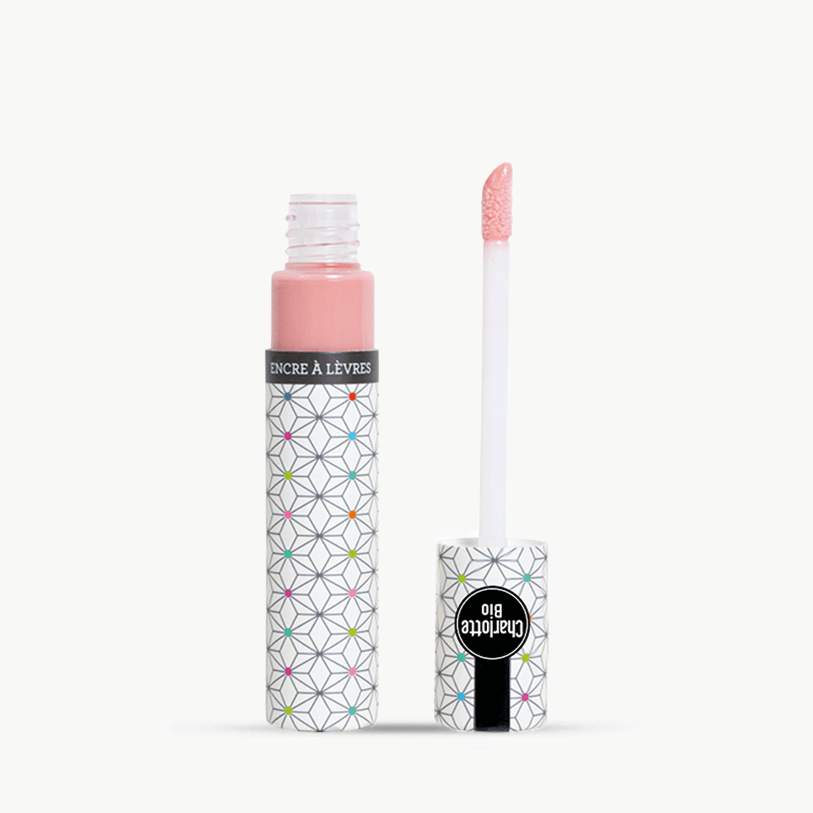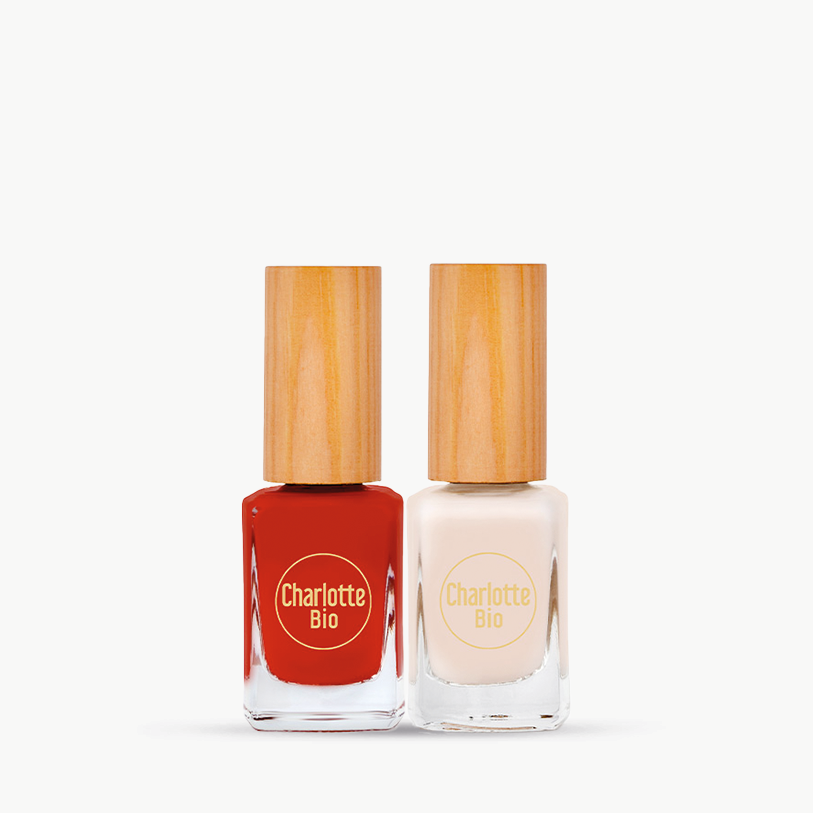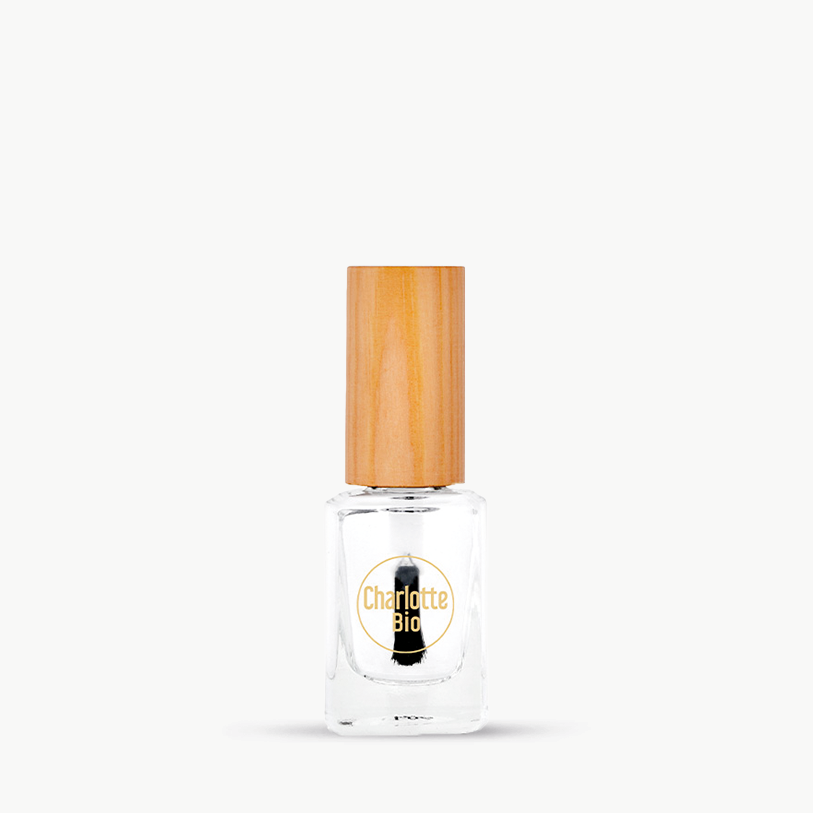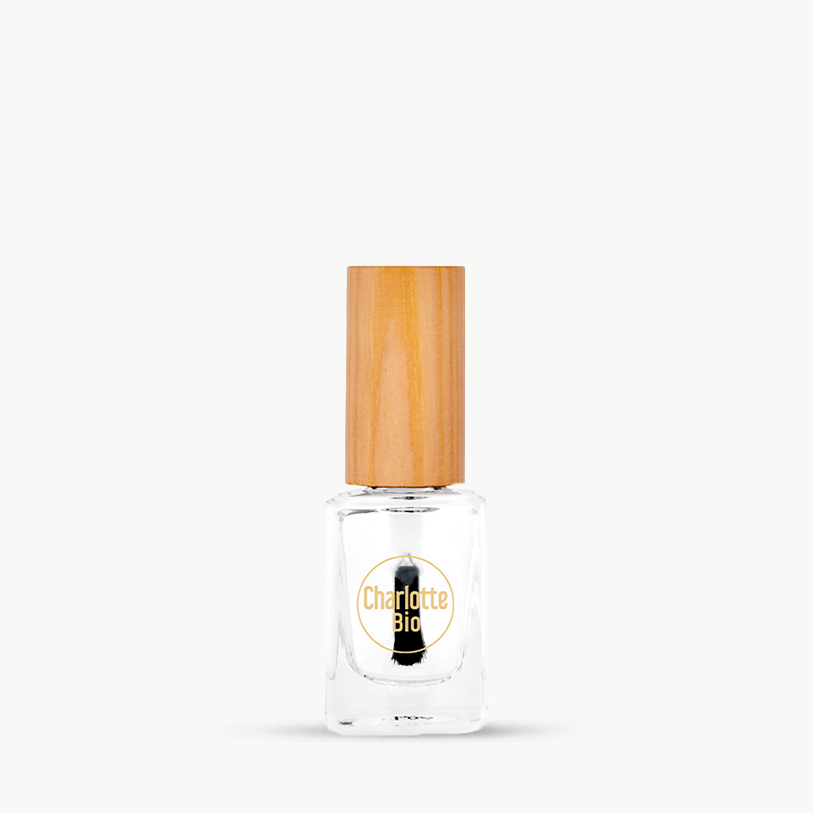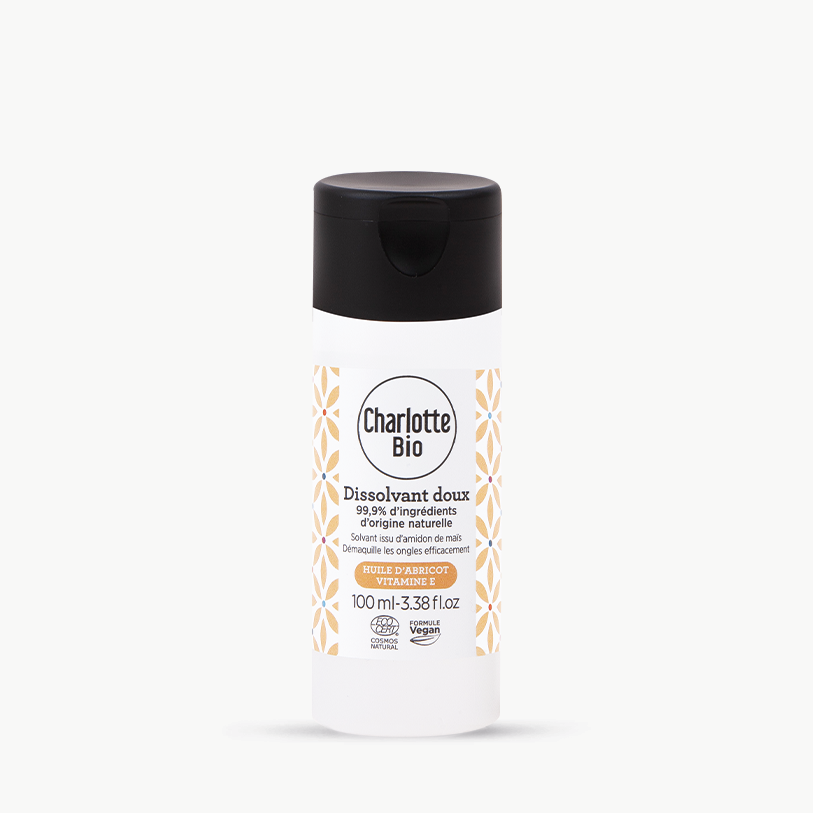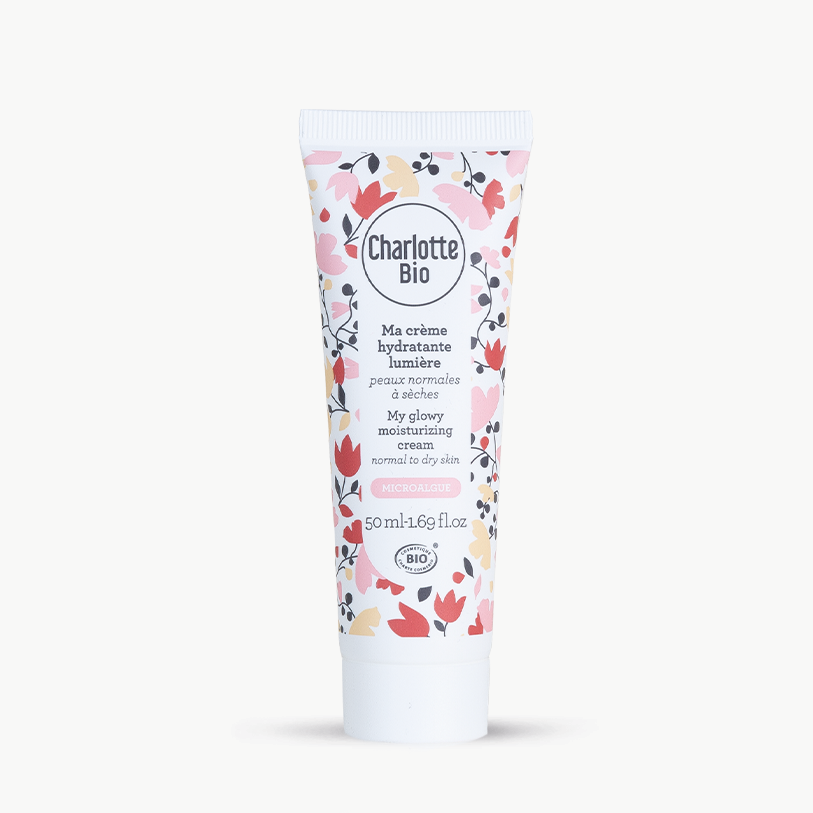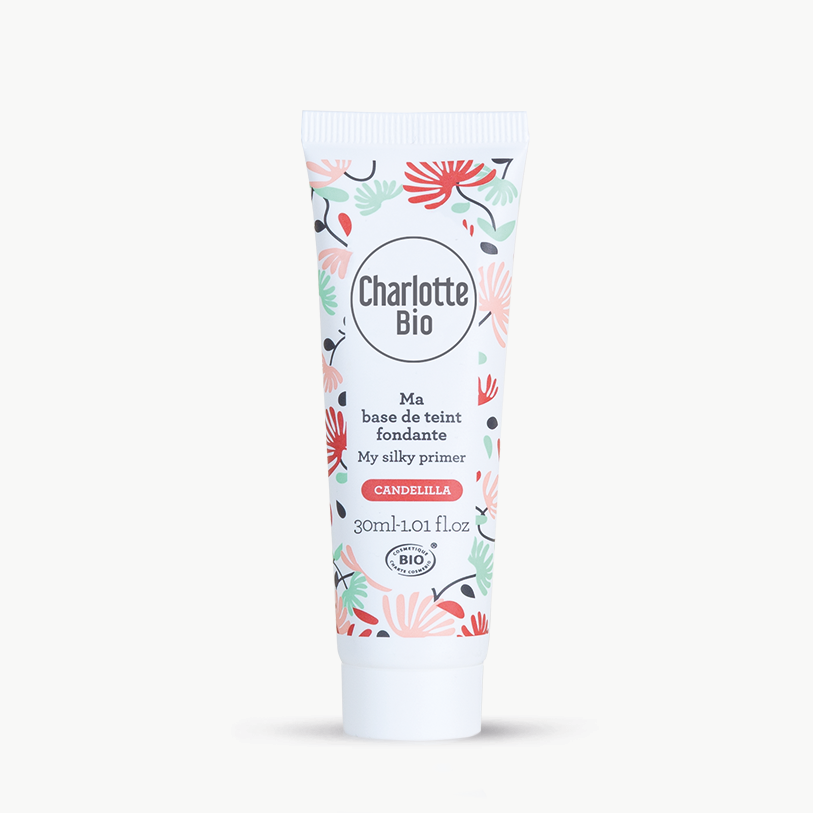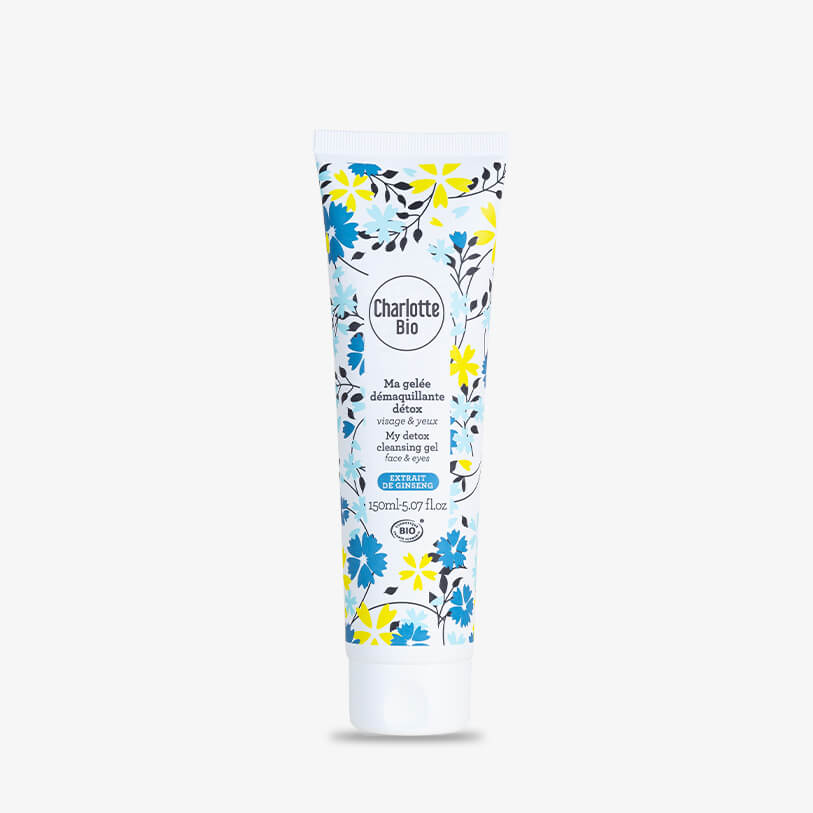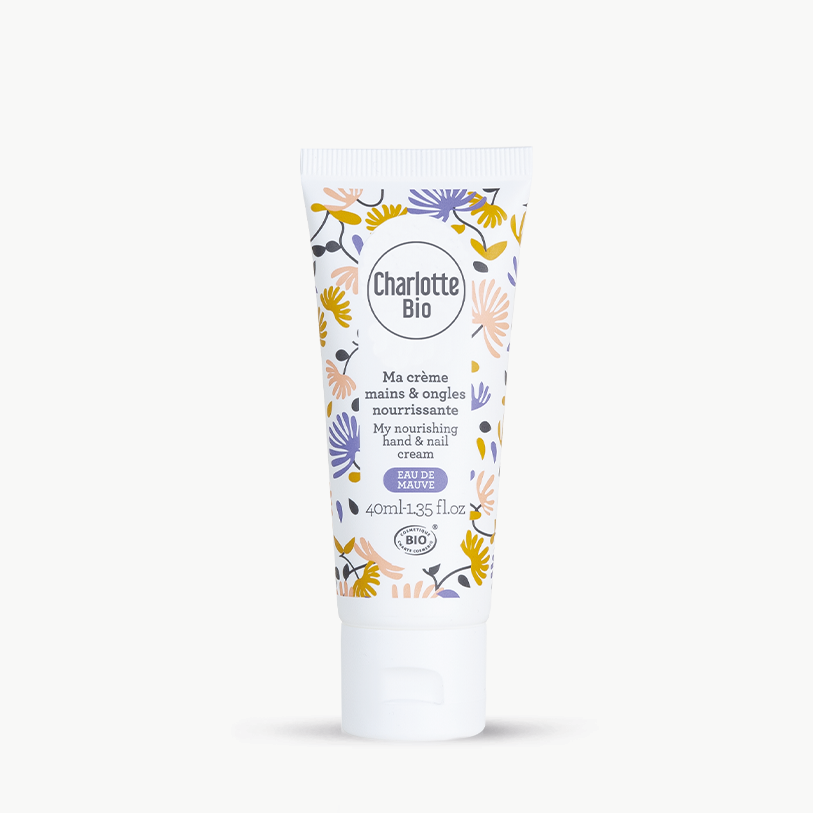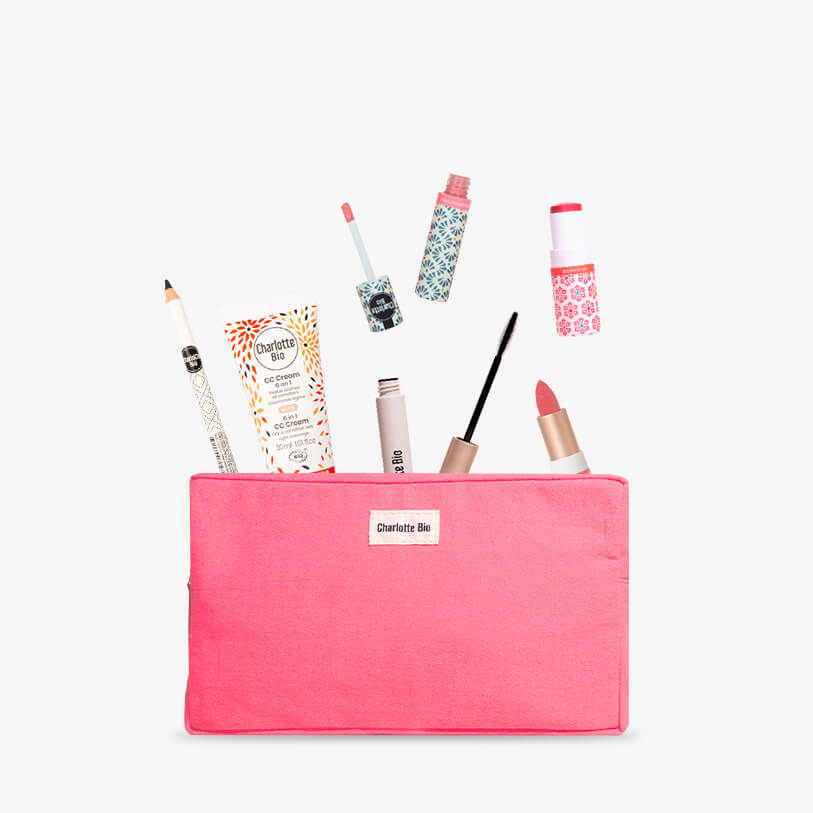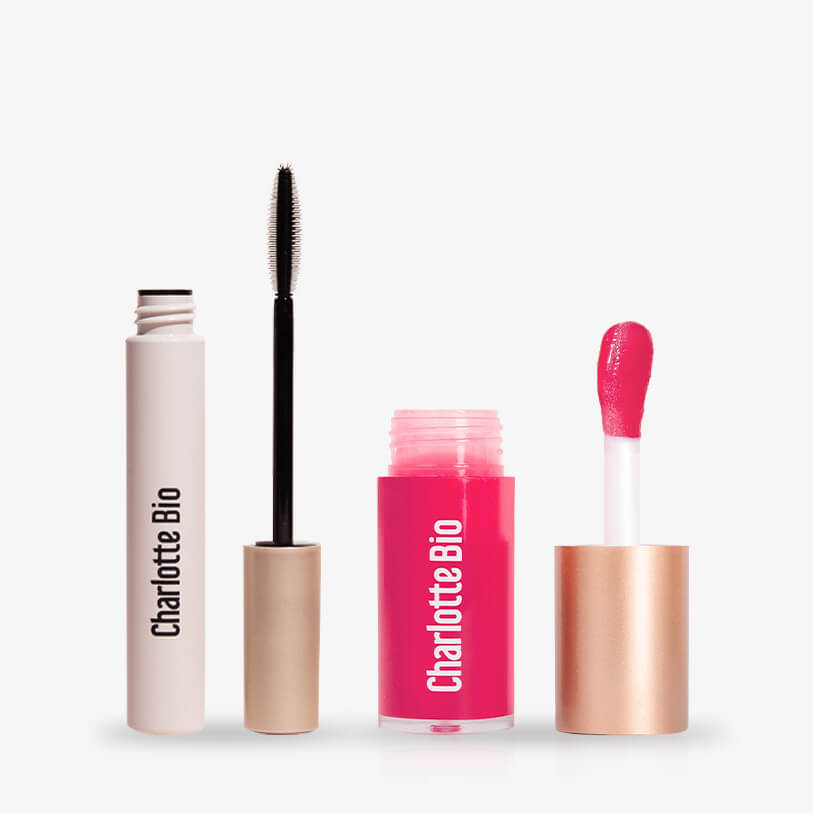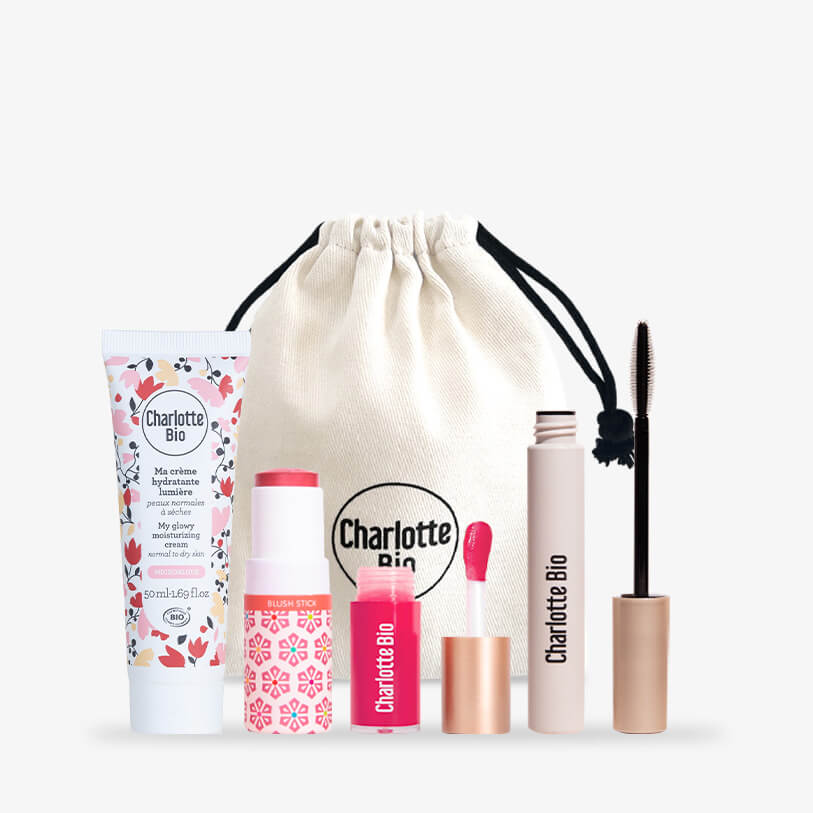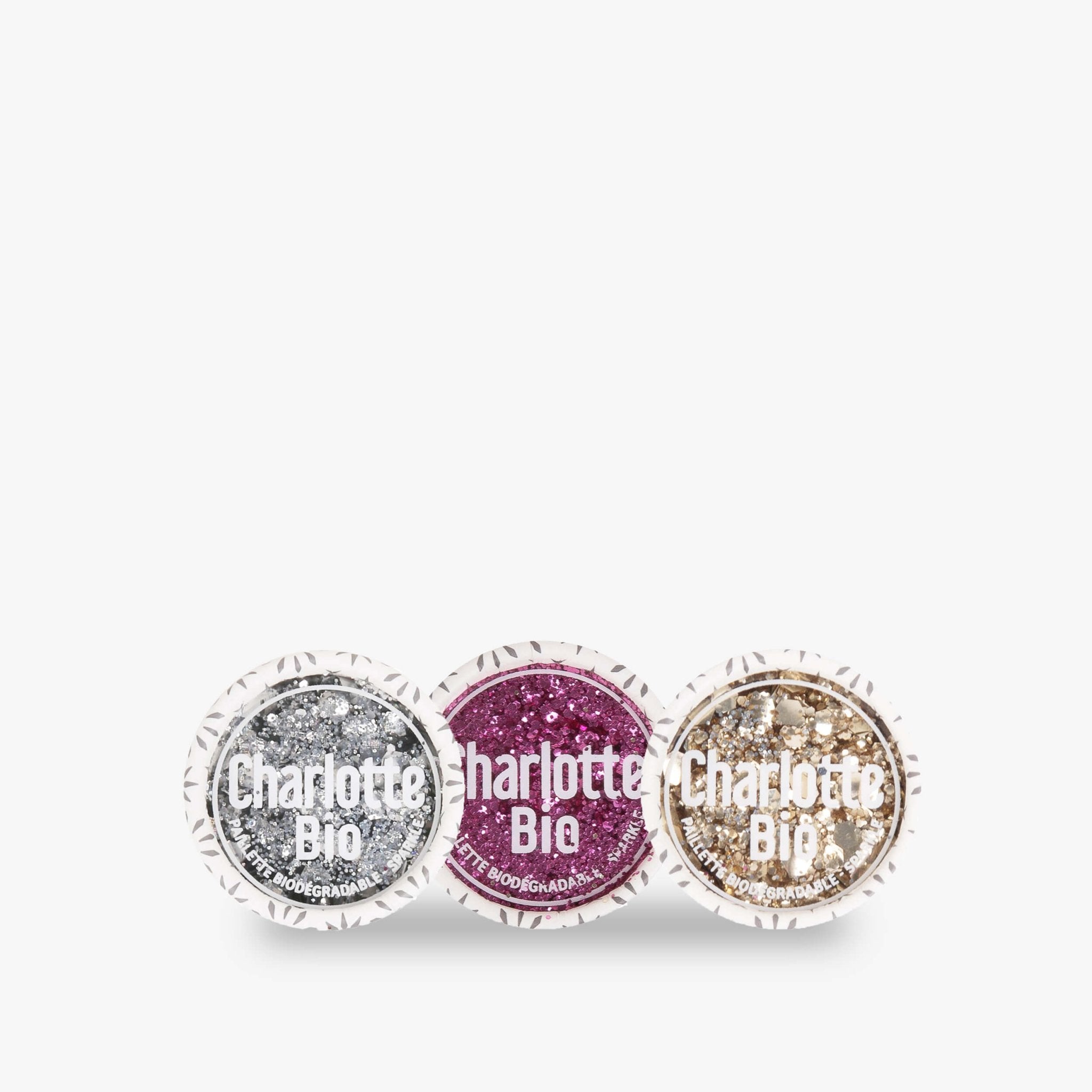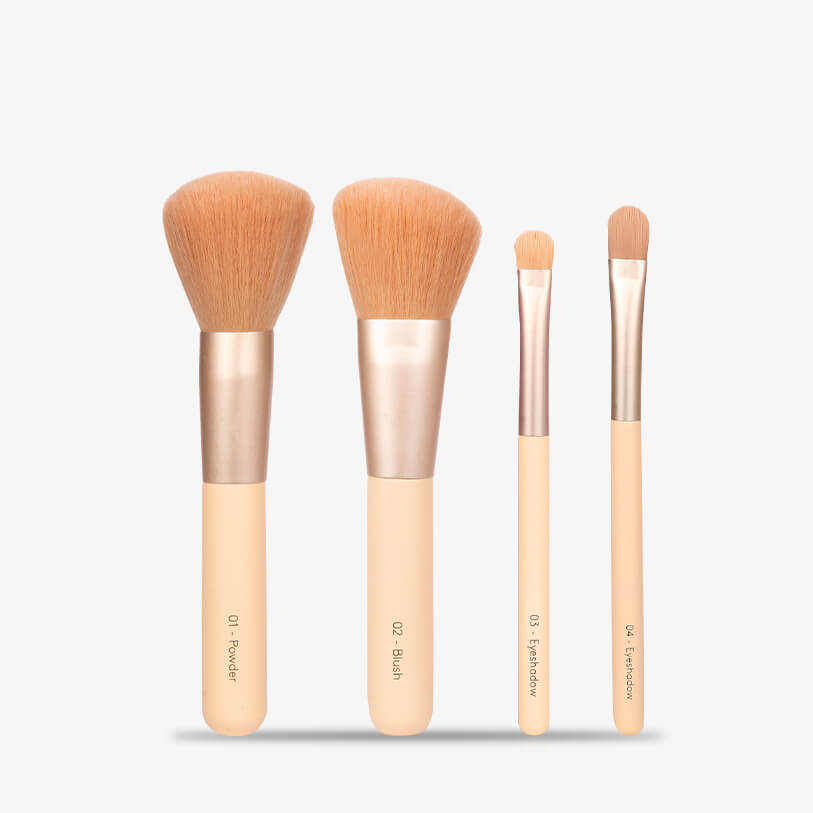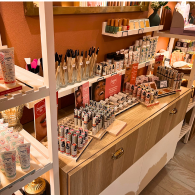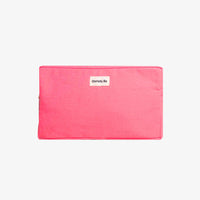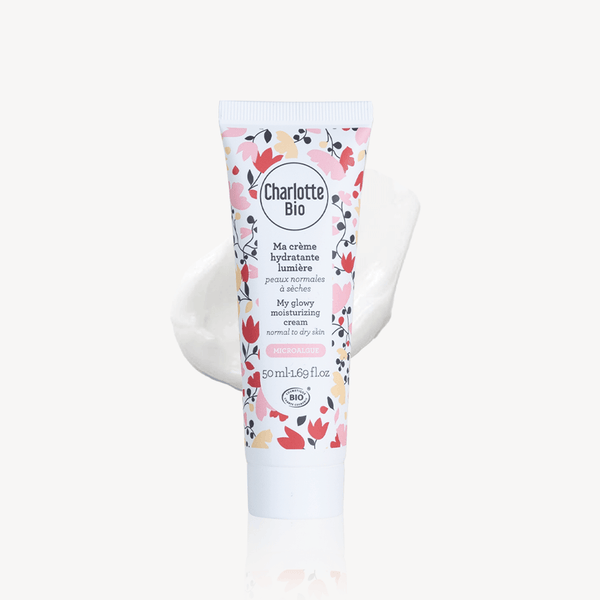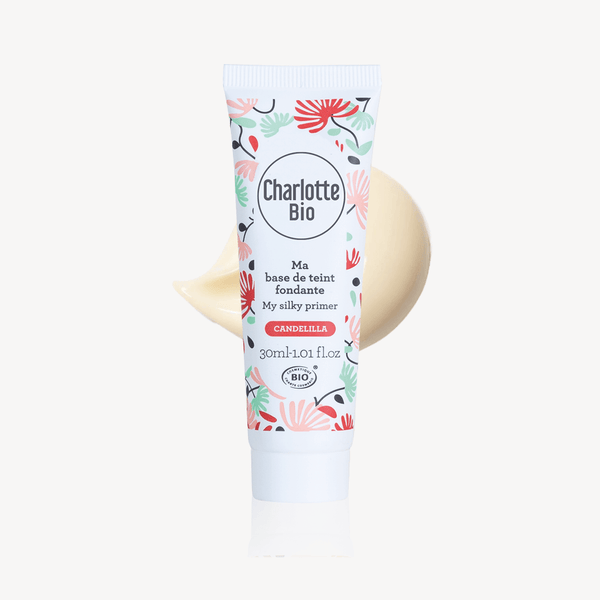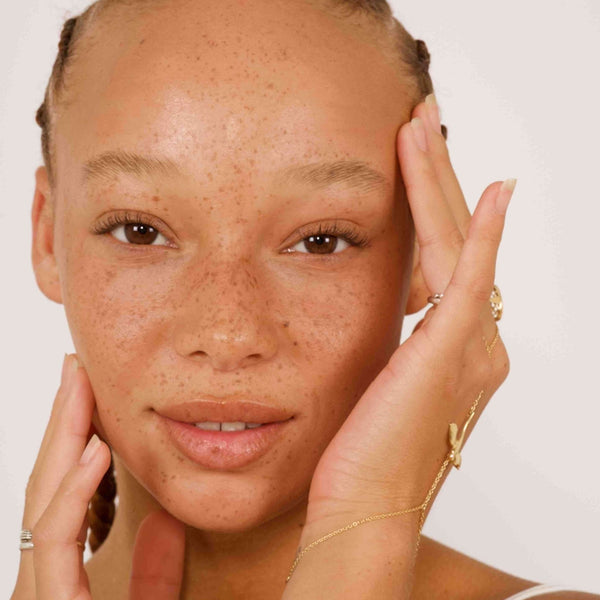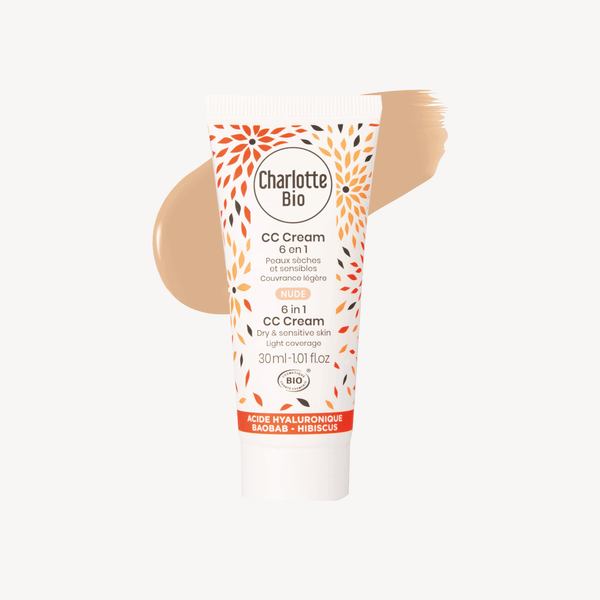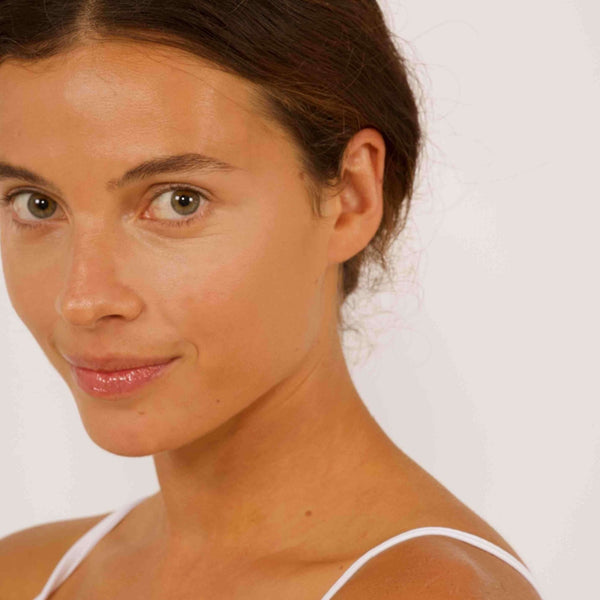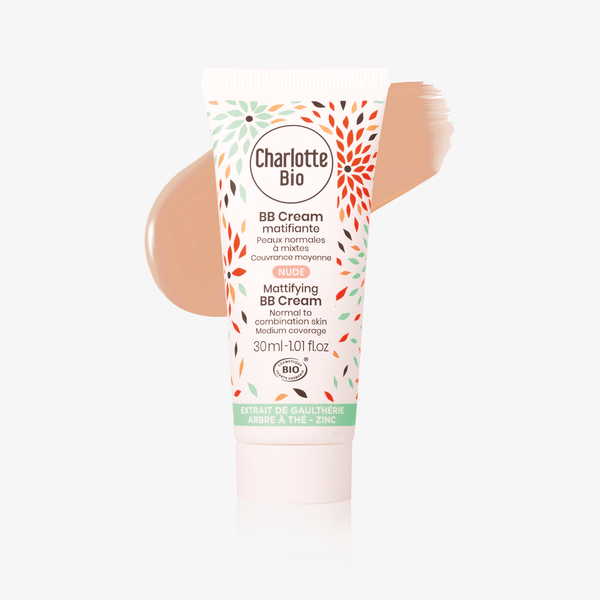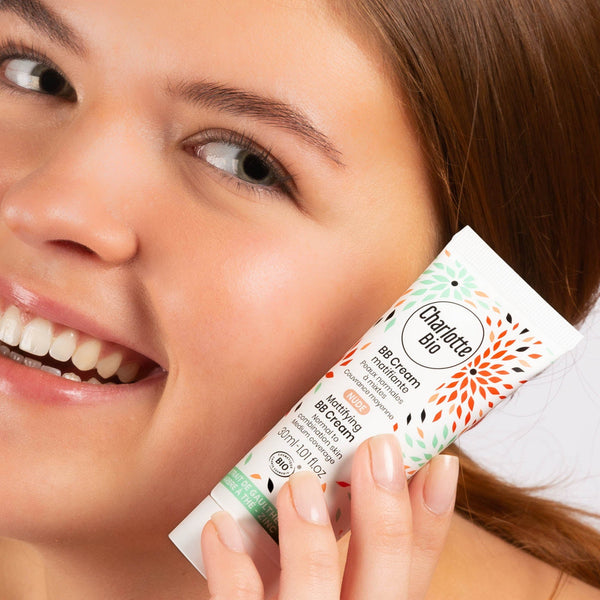FOLLOW OUR EXPERTS' ADVICE Which routine is right for your skin type?
After reading our guide, you'll know :
- Define your skin type
- Choose natural products adapted to your skin
We can't stress this enough: be careful what you apply to your skin and mucous membranes, as this can have serious long-term consequences. We advise you to find out as soon as you buy a product.
We know it can be tricky to find your way around all these complicated names, but there are now many apps that let us know what's good for us and what's not, such as the Inci Beauty app, Yuka, CosmEthics, Clean Beauty...
Overall, it's important to know that whatever your skin type: natural, organic and vegan cosmetics, make-up and products will always be better for your skin and your health than non-organic and conventional formulas.
An organic cosmetic is a beauty product made from natural ingredients such as vegetable oils, essential oils or natural waxes, most of which come from organic farming. By favoring these ingredients over the chemical active ingredients of conventional cosmetics, organic and natural cosmetics minimize their impact on the planet, in terms of ingredient sourcing, harvesting methods, production and packaging.
What's more, these active ingredients are health-friendly, as they replace all ingredients harmful to our bodies, such as parabens, silicones, sulfates, colorants and synthetic perfumes derived from petrochemicals. They also make it possible to promise a composition free from extracts of animal origin. For example, pig glycerin is replaced by vegetable glycerin. What's more, in most cases, organic cosmetics are also VEGAN (be sure to check the labels and make sure the product you've spotted really is). A certified VEGAN product bans animal testing. To be sure that the product you wish to buy is indeed organic, we invite you to refer to independent labels recognized for their impartiality and high standards: the Cosmebio and Ecocert labels.
Must-haves for dry skin
Do you have itchy, tight skin? Do you rarely have imperfections and your skin doesn't shine? Do you sometimes get dead skin and cracks? You do have dry skin.
Your skin needs gentle nourishment. Organic cosmetics are ideal for this type of skin, as vegetable oils, plant butters and floral waters make up the majority of organic and natural cosmetics. They are rich in fatty acids and help restore the hydrolipidic barrier to protect against external aggression and retain moisture in the tissues.
On a daily basis, cleanse your face without drying it out with an oil and moisturize your skin with our organic moisturizing cream. When it comes to make-up, bring comfort to your skin by choosing light, fluid textures like our moisturizing CC crème or our organic fluid foundation, which provides light coverage for a natural, matte finish. All ingredients are of natural origin: apply these products with your eyes closed!

Must-haves for combination skin
Combination skin tends to be shiny on the T-zone, while it is drier on the cheeks and the rest of the face. The challenge for this type of skin is to restore the balance between these distinct zones without damaging them.
Take the time to cleanse your face with our double cleanser. Remove make-up with our eau lactée all over your face for an unprecedented feeling of softness. Made with sage water, Charlotte Bio eau lactée has real anti-oxidant and rebalancing properties. Your skin is gently cleansed and make-up-free. Once you've completed this first step, lather up with your make-up remover gel Charlotte BIO over the whole face to eliminate imperfections, purify and restore radiance to your skin. Don't forget to moisturize your entire face with a non-comedogenic cream or serum.
Before applying make-up, apply your foundation on the T-zone to matify your skin, allowing better make-up application and preventing shine. Then, depending on your preferences, apply an organic fluid foundation for a natural look, or an organic organic BB cream to beautify, protect, even out and refine your skin's texture. Mostly made with aloe vera, our bb cream is applied all over the face, moisturizing it all day long. Matify your skin with a compact powder to control T-Zone shine.
Discover our super selection!
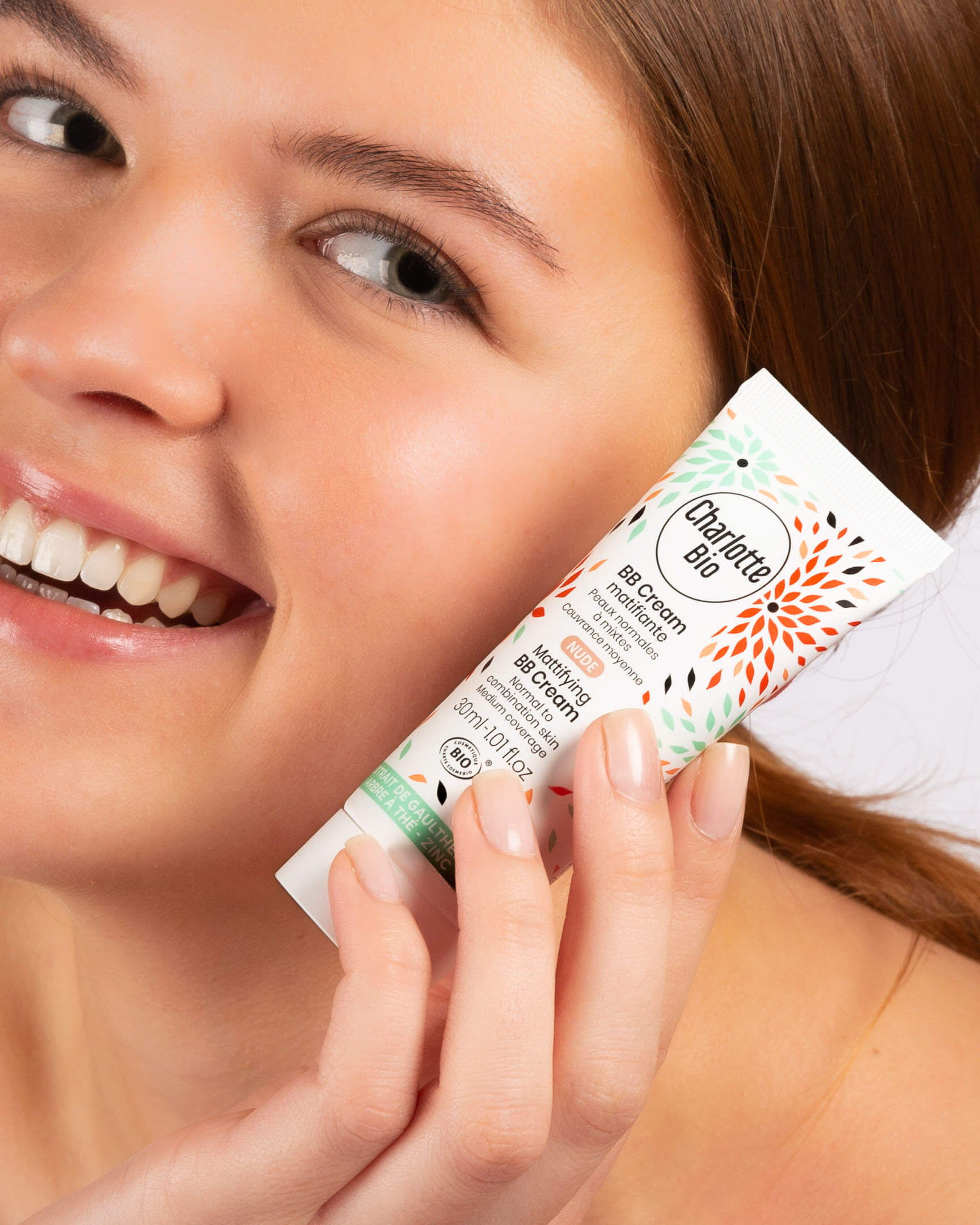
Need 5 reasons to ditch your favorite conventional product?
The majority of conventional cosmetics are made from synthetic petrochemical or animal ingredients , and contain very few natural raw materials. Instead, they are mostly composed of agents that are harmful to the skin and the environment.
1️⃣ Your favorite mascara is probably made from mineral oils, which you can recognize on the label by those pretty names: OZOKERITE POLYISOBUTILENE, PARAFFINUM LIQUIDUM... These are petroleum derivatives, also found in face and body creams, foundation, suncare products... Basically, they deposit an occlusive film on the skin that prevents dehydration. What's more, they are comedogenic oils. These petroleum derivatives are responsible for skin irritations and allergies, and may contain polyaromatic hydrocarbons that are potentially carcinogenic. The icing on the cake is that they are non-biodegradable and therefore highly polluting.
2️⃣ Perhaps there are also some emulsifiers ? Recognized by their names: POLYETHYLENE GLYCOL (PEG), POLYPROPYLENE GLYCOL (PPG), PEG-6, PEG-100, STEARATE, DISTÉARATE... Mainly used as emulsifiers or humectants, they add consistency and smoothness to creams. They are found in liquid soaps, moisturizers, shampoos, hydroalcoholic gels... They make the skin permeable, enabling greater absorption of the product, including the impurities present in PEG compounds(ethylene oxide, 1,4-dioxane, polycyclic aromatic compounds and heavy metals: lead, iron, nickel, cadmium, arsenic). For this reason, they are suspected carcinogens.
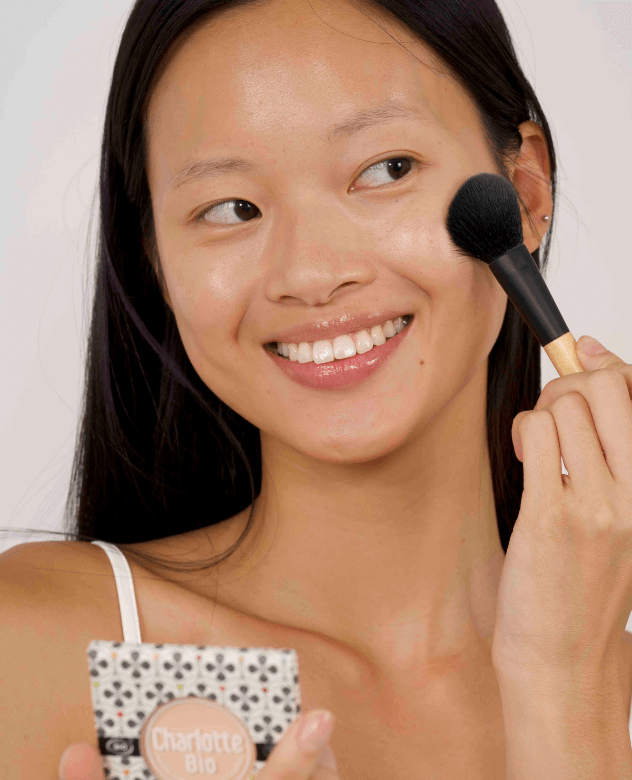
3️⃣ Silicones, such asAMODIMETHICONE, OLYSILOXANE, DIMETHICONE... They are widespread and found in almost all cosmetics. These petroleum derivatives settle on the surface of skin and hair, giving them a smooth appearance. However, they are suspected of having a semi-occlusive effect on the skin, preventing it from breathing. Real" skincare products can then no longer penetrate. These molecules take many years to disintegrate in nature, disrupting ecosystems.
4️⃣ Preservatives and antioxidants, such as parabens. These preservatives are used in many products. They penetrate the skin and are suspected allergens. Considered endocrine disruptors, they can cause allergies, infertility and even cancer.
5️⃣ And finally, the sweet synthetic scent of perfumes is usually a complex mixture of dozens of chemicals. Many can be irritants, triggering allergies, migraines andasthma symptoms in some people. People with environmental illnesses and multiple chemical sensitivities are particularly vulnerable.
